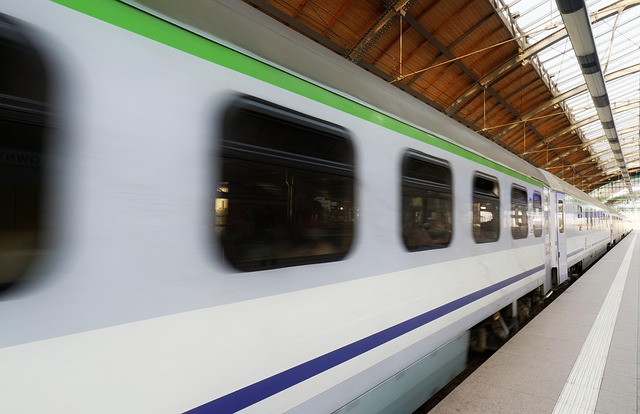Revolutionizing Transportation: How Robotics and AI are Shaping the Future of Intelligent Transport in Business
In today’s fast-evolving world, the fusion of robotics and artificial intelligence (AI) is transforming various industries, with transportation standing at the forefront of this revolution. Intelligent transport, powered by advanced automation, is not just a futuristic concept—it’s rapidly becoming a reality that businesses must understand and embrace to stay competitive.
The Role of Robotics in Intelligent Transport
Robotics introduces precision, reliability, and efficiency into transportation systems. In logistics and supply chain businesses, automated vehicles and drones are streamlining the delivery process, reducing human error and operational costs. Warehouses increasingly rely on robotic systems to manage inventory, navigate complex environments, and optimize routes. This level of automation enhances speed and accuracy, enabling businesses to meet growing consumer demands effectively.
Artificial Intelligence: The Brain Behind Automation
AI acts as the decision-making engine driving intelligent transport. From predictive maintenance to traffic management, AI algorithms analyze vast amounts of data to optimize performance and safety. For instance, AI-enabled autonomous vehicles assess real-time road conditions, adapt to changing environments, and make split-second decisions that improve efficiency and reduce accidents. In business contexts, leveraging AI means smarter resource allocation and improved operational workflows, paving the way for more sustainable and scalable transportation networks.
Automatisation in Business: A New Paradigm for Efficiency
The integration of robotics and AI in transport automation has profound implications for businesses. Routine tasks that once required manual input are now automated, freeing up human resources for higher-value activities. Intelligent transport systems enable companies to provide faster, more reliable services, enhance customer experiences, and reduce overhead. Moreover, the data gathered through automated processes offers insightful analytics that help refine strategies and anticipate future trends.
Impact on Workforce and Sustainability
While intelligent transport promotes efficiency, it also raises questions about workforce transformation. Businesses need to invest in upskilling employees to handle new technologies and roles that emerge alongside automation. Additionally, intelligent systems contribute to sustainability by optimizing routes, reducing fuel consumption, and minimizing emissions, aligning business goals with environmental responsibility.
The convergence of robotics, AI, and intelligent transport is not just reshaping how goods and people move; it’s redefining how businesses operate and compete. Embracing this shift through automation can unlock unprecedented opportunities for innovation, efficiency, and growth.




